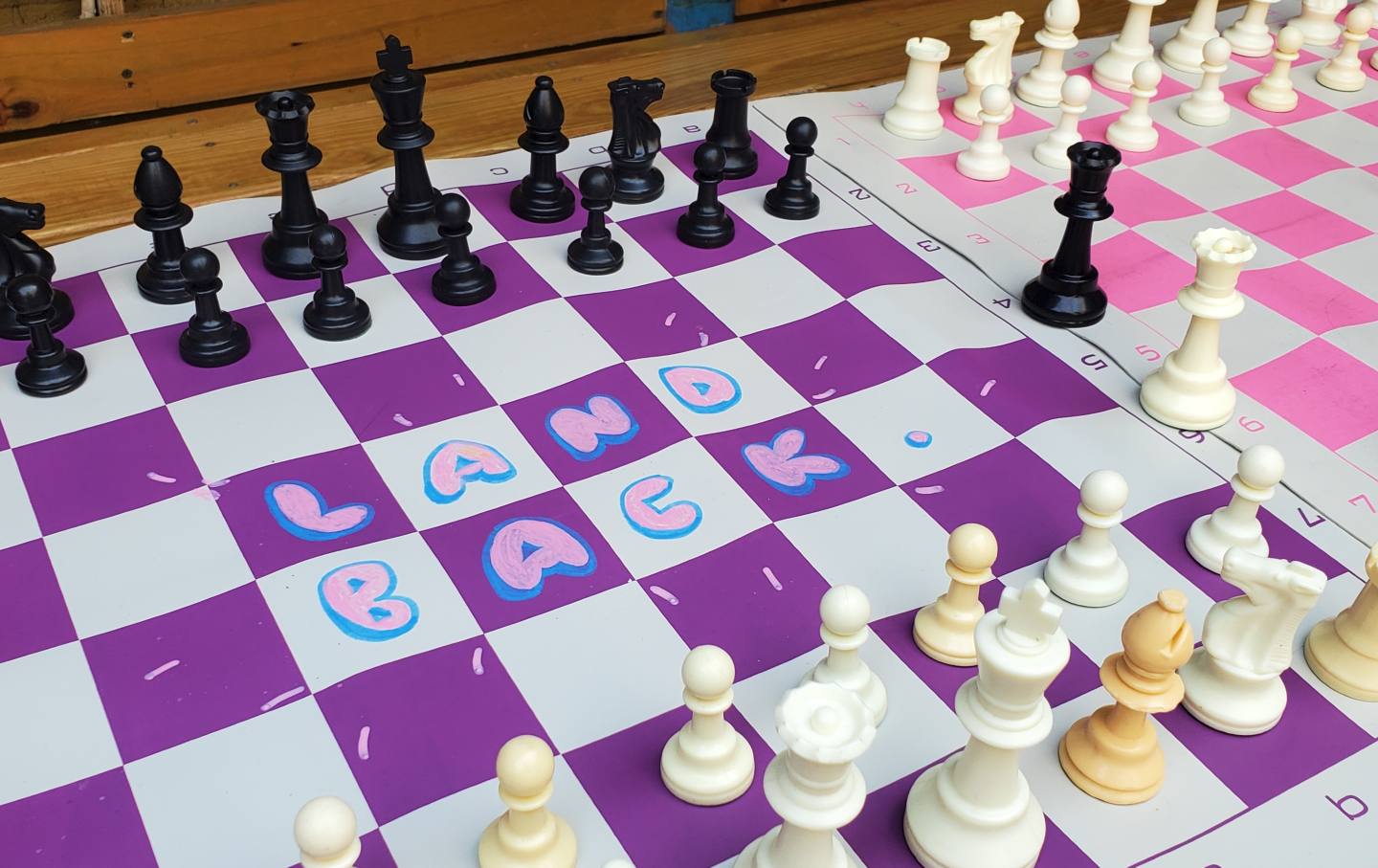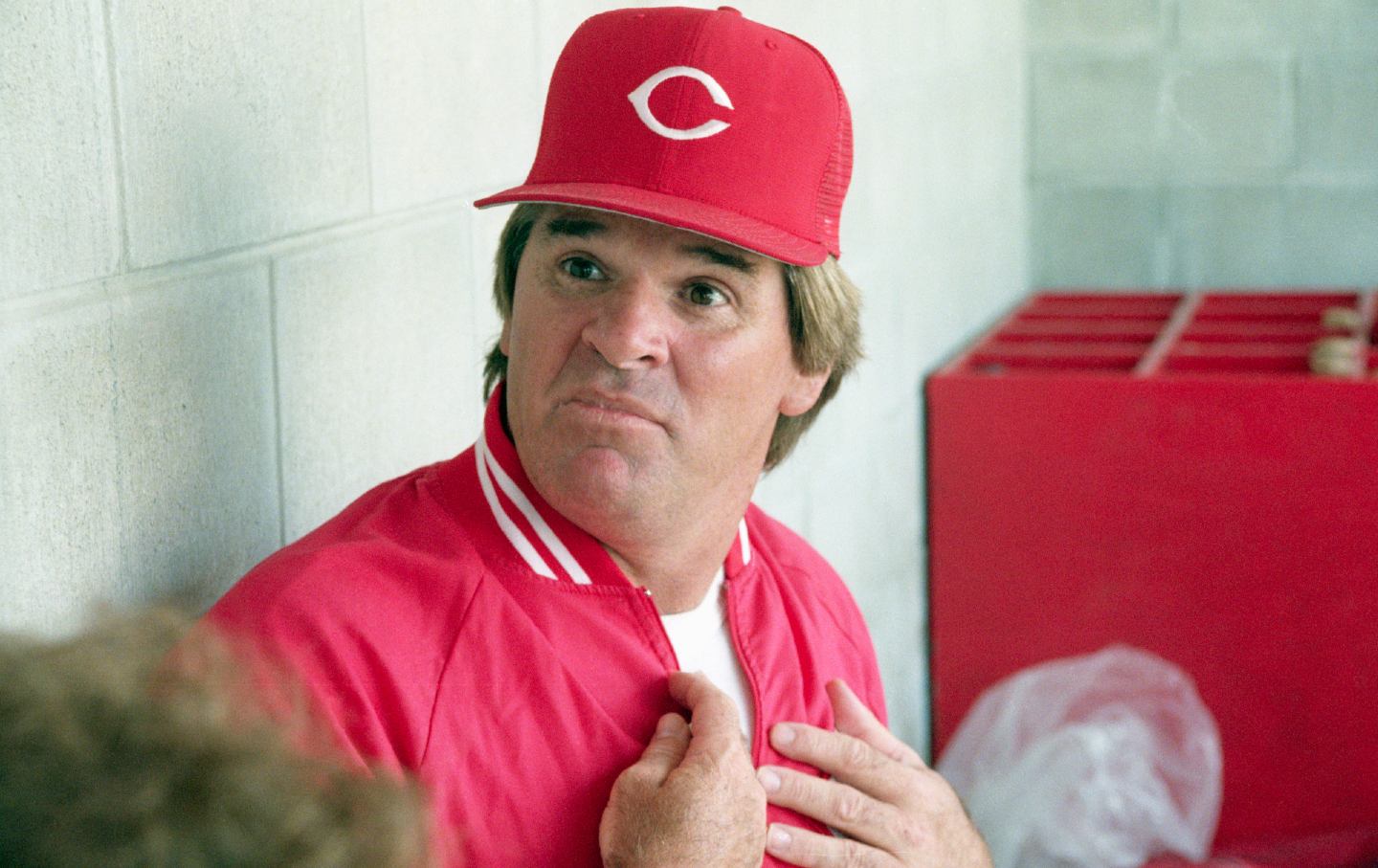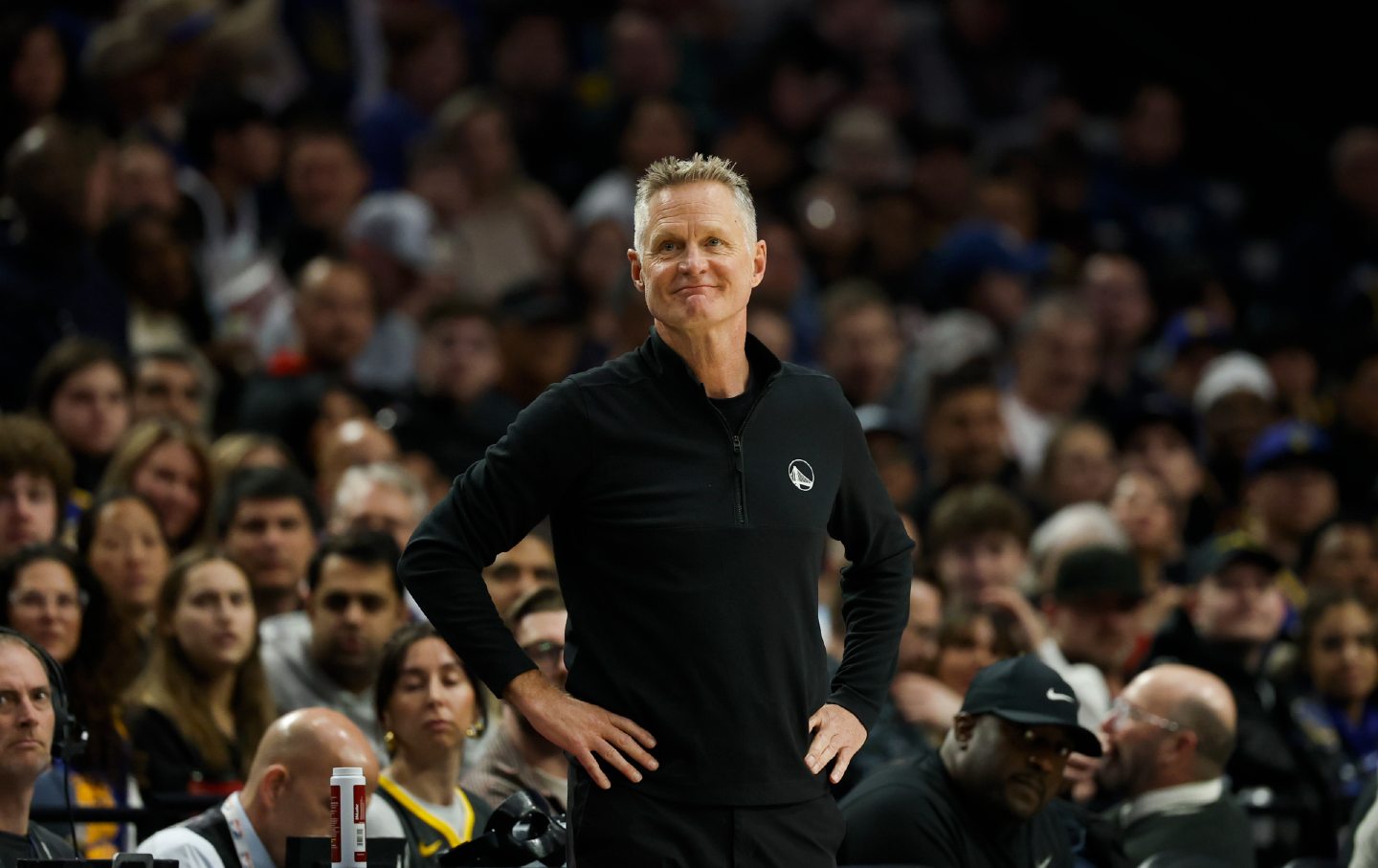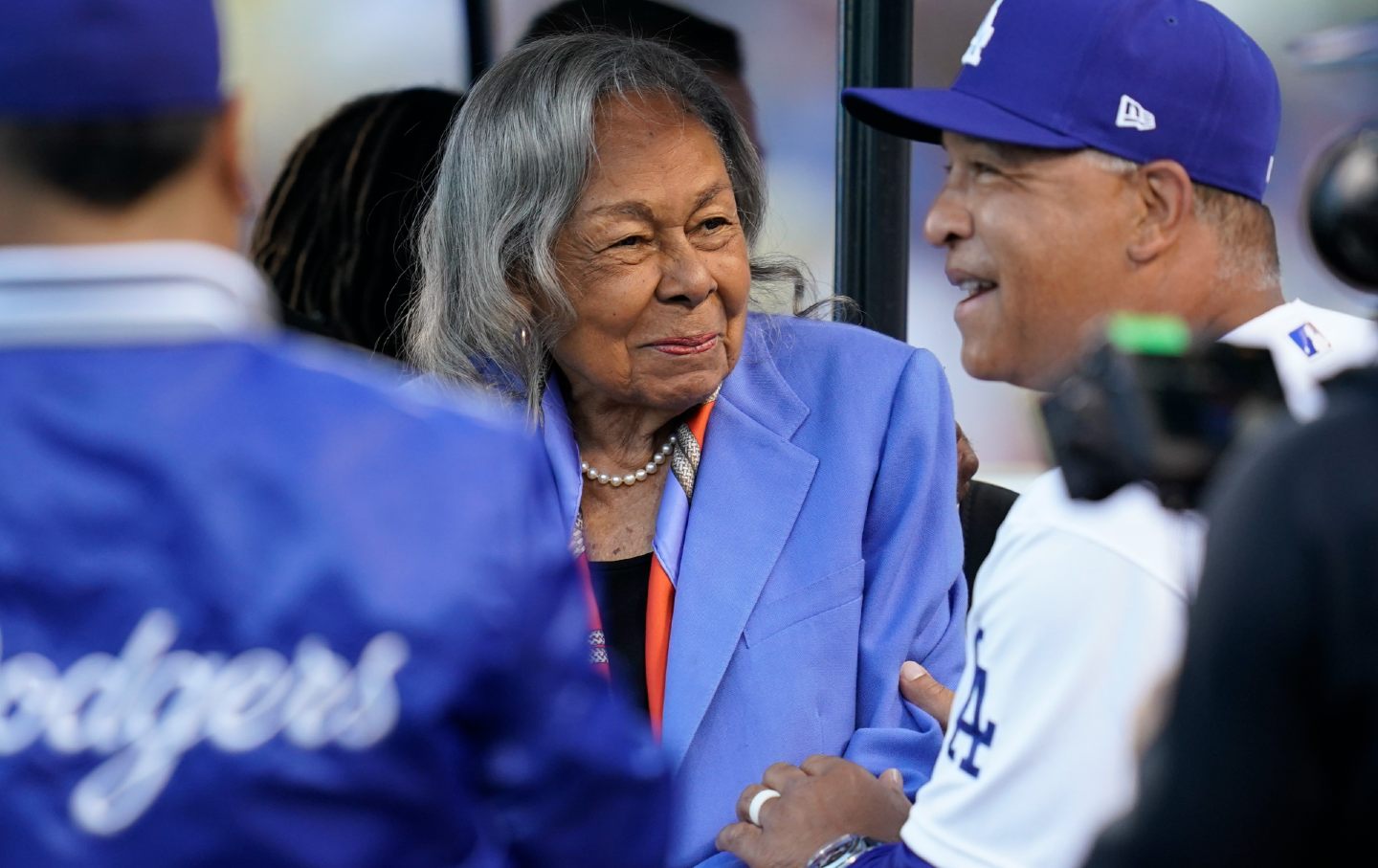The Appalling Social Cleansing of Olympic Paris
In the last year, an estimated 12,500 vulnerable Paris residents were forced from their homes.
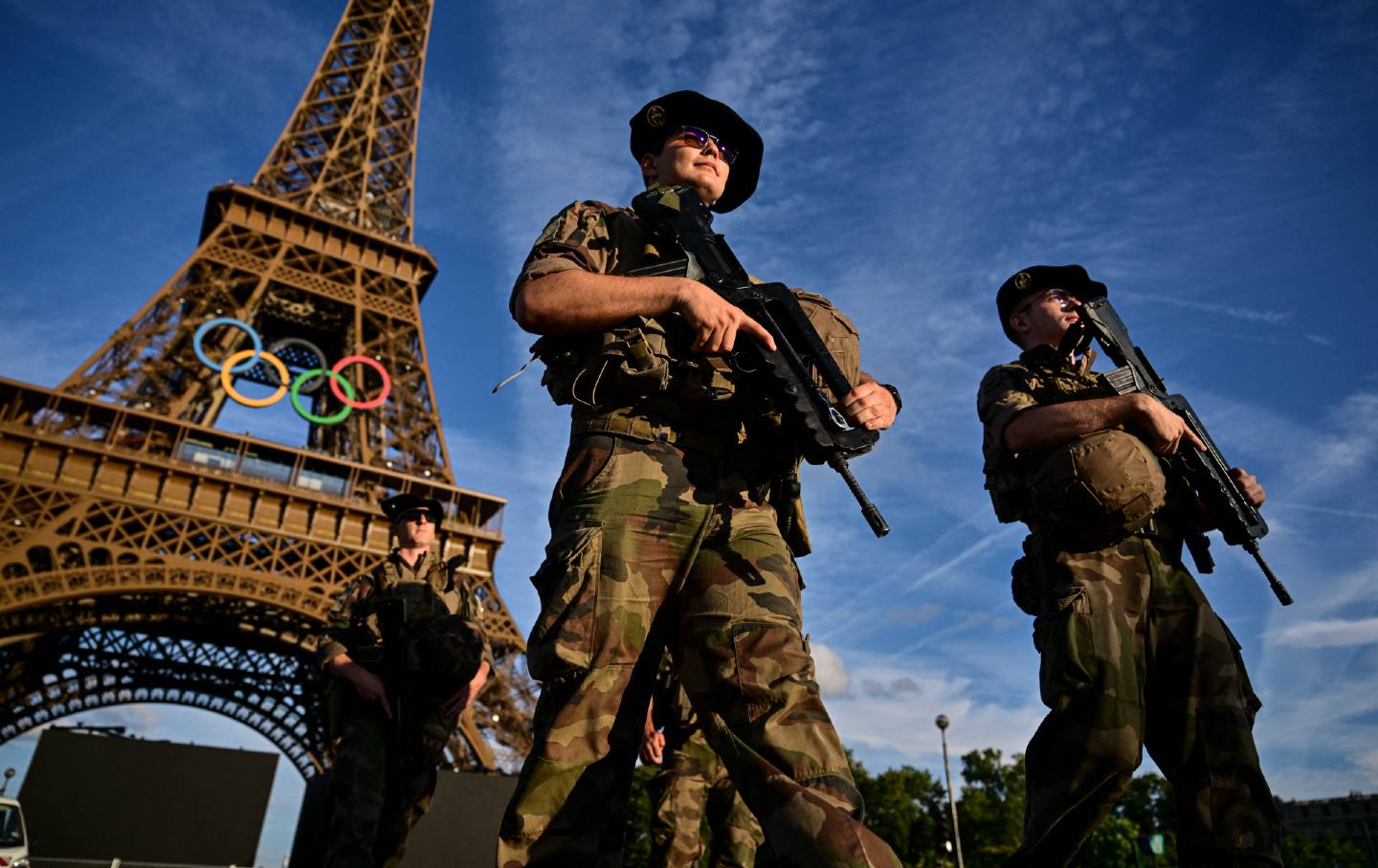
French soldiers stand guard near to Eiffel Tower in Paris on July 21 ahead of the Paris 2024 Olympic and Paralympic Games.
(Martin Bernetti / AFP via Getty Images)
Paris—The contradictions of the 2024 Paris Summer Olympics are clear as soon as one steps off the plane. Corporate sponsors blare cheery ads for the Olympic Games while the French military—armed with weapons more at home in a war zone or bombastic action flick—patrol the grounds. There are 50,000 police and military in the streets aided by AI-powered video surveillance technology, which the French National Assembly legalized in 2023 with the Olympic Games Law. On day one, we were accosted by a soldier for filming a sign informing people that they could not proceed past a metal gate to see the Seine River, where the opening ceremony is to be staged. This is Olympic Paris. You can’t go to the Seine, but you can have your personal information taken down for publicizing this fact.
The French are not passively imbibing the Olympic spectacle. Tomorrow activists are mobilizing in Place de la République to challenge the five-ring juggernaut that has rolled into their city, with groups like Saccage 2024, Le Revers de La Médaille, and Extinction Rebellion out front. The “counter-opening ceremony” promises to raise numerous criticisms of the Olympics, from the displacement of migrants and unhoused people to the fake environmentalism embedded in France’s Olympic messaging.
Paul Alauzy, an organizer with Le Revers de La Médaille and Médecins du Monde, explained to us the philosophy undergirding the mass displacement of poor people that unfolded in the weeks and years before the Paris Olympics: “In Paris, the social cleansing can be understood with a double logic of dispersion: a dispersion within the Olympic’s city public space, to avoid tent cities, slums, squats, and disperse the marginalized people, and a dispersion within the whole country, so that to delocalize the unwanted and push the misery away from the Olympic city.” A research study from Le Revers de La Médaille found that over the past year, some 12,500 vulnerable people were forcibly removed from their homes.
The French Olympic Committee made a big show of banning the hijab for French Muslim women athletes. As the sports journalist Shireen Ahmed from the CBC said to us, “The hijab ban in France not only goes against the Olympic Charter, it speaks boldly about the hypocrisy that we have come to expect from the IOC. Excluding Black and brown women from sport is not only heartbreaking, it kills any opportunity for social inclusion from a specific community. This experience shatters confidence in sport from young girls who know that if they are forced to choose between faith and sport, they might lose something so precious to them. It’s isolating and hurtful. It is also unjust.”
Here in France, people are not exactly thrilled to be hosting the Olympics. One poll found that as the Paris Games approach, more than 65 percent of the population are either indifferent (36 percent), concerned (24 percent), or angry (5 percent). After Paris authorities originally promised free metro tickets during the Olympics, riding fees nearly doubled from €2.15 to €4. Beloved public spaces like the famed Pompidou Centre are now clogged up with tawdry sports commercialism, with Nike ads blazing on the building’s storied facade like a Las Vegas casino. Upon seeing this, one social media user, in a paroxysm of extreme Frenchness, posted “I have no words in the face of such horror.”
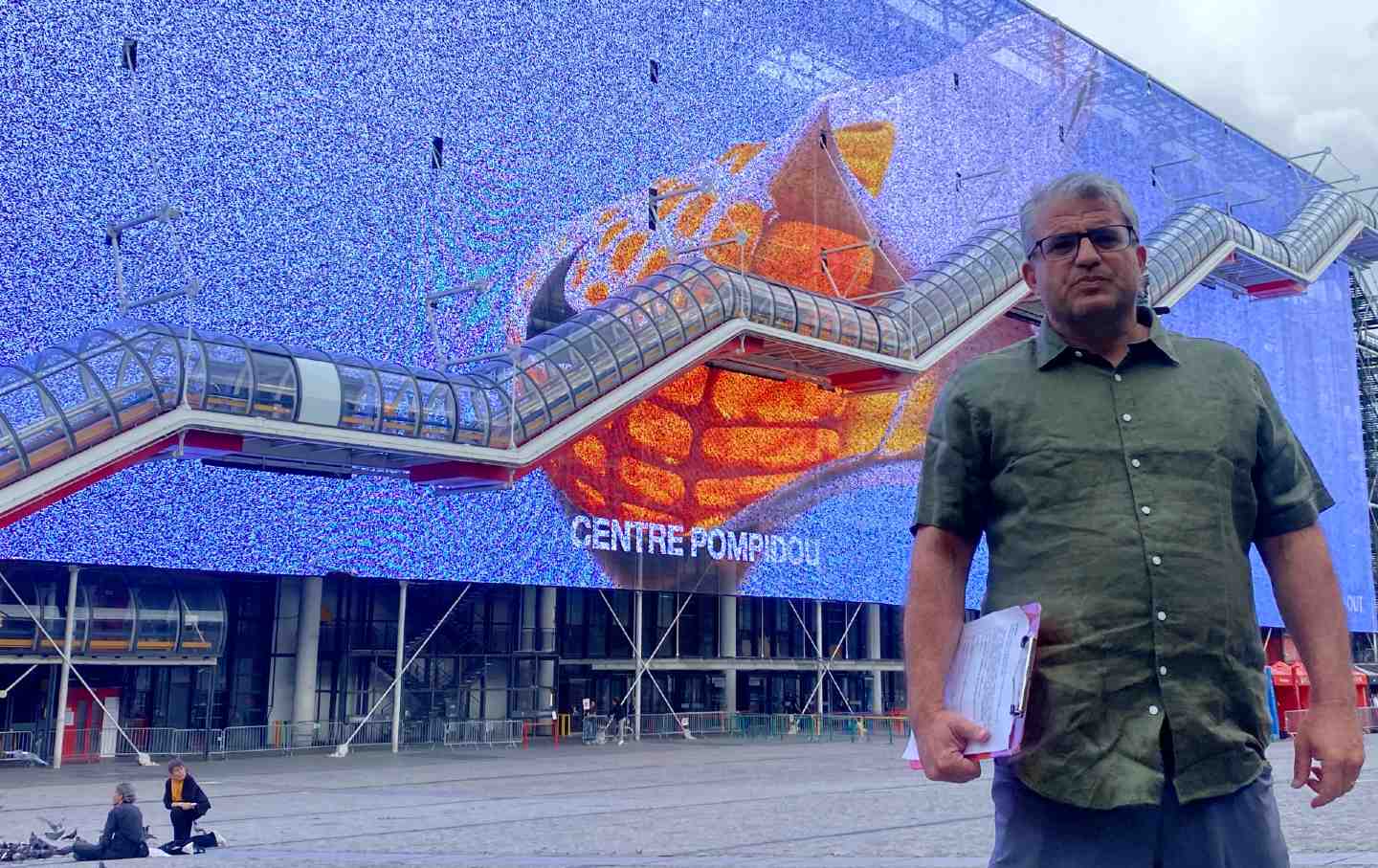
But the unions of Paris haven’t rolled over. As the Games approached, worker power has leveraged the once-in-a-generation opportunity to score wage hikes. Garbage collectors, train drivers, air-traffic controllers, and police are using their leverage to demand Olympic bonuses. Now, with the opening ceremony slated for Friday, the SFA-CGT union representing around 10 percent of the dancers in the kick-off event filed a strike notice over “outrageous disparities” in pay between performers.
More on the Paris Games:
The political issues on display aren’t limited merely to the Parisian. Justice for Palestine and anger at the inclusion of Israeli Olympians, which we will surely write more upon in the days ahead, is very much on display. There have been demonstrations to this effect and protesters have promised to protest inside Olympic venues. What angers protesters is the hypocrisy of sanctioning the Russian Olympic team for the invasion of Ukraine while not only ignoring but defending Israel in the face of international condemnation over their genocidal war on the people of Gaza.
All of this has created a volatile scene at what is probably the most politically charged Olympics since Mexico City in 1968 when John Carlos and Tommie Smith raised their fists to the heavens. What we are seeing in the City of Light are certainly Parisian problems and the impacts of larger geopolitical strife. But they are also at their core Olympic problems that transcend Paris, that have been imported into the city when its leaders chose to bid on the Olympics nearly 10 years ago. For many here, the Olympics were a distant dream hovering in the future. Well, now things are getting real. And French soldiers are posted around the city to remind you of this almost surreal reality. We will be in Paris to follow the off-the-field machinations for The Nation, so stay tuned.
A big thank you to Garry Whannel for letting us use his flat as The Nation’s Paris headquarters for the 2024 Olympics.


